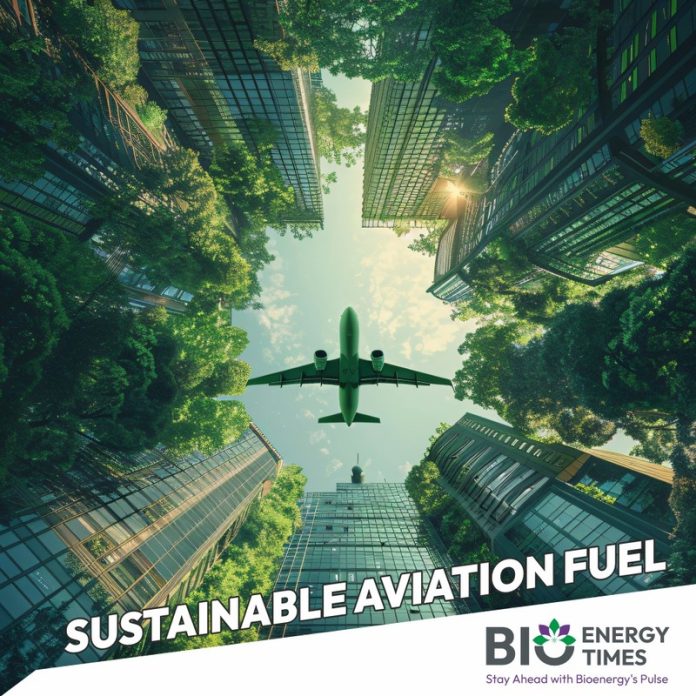Formula 1 has announced its first investment in Sustainable Aviation Fuel (SAF) as part of its ultra-efficient logistics strategy and its commitment to achieving Net Zero by 2030.
According to the Press Release, the initial phase of the investment focuses on purchasing SAF through Global Partner DHL for air cargo associated with flyaway races, starting from the Australian Grand Prix in March. This initiative covers approximately 20% of subsequent cargo flights for the season.
Using SAF is estimated to reduce carbon emissions by around 80% per flight, meaning that the flights utilizing SAF purchases in the 2024 season are projected to save over 4,500 tCO2e (tonnes of carbon dioxide equivalent) compared to conventional aviation fuel.
In this first phase, Formula 1 is sourcing SAF through the industry-recognized ‘book and claim’ model via DHL’s GoGreen Plus service. As the SAF sector and infrastructure continue to develop, it is currently not feasible to fuel cargo planes directly with SAF. Instead, DHL allows F1 to ‘book’ the necessary fuel amount, which is then incorporated into the supply chain for other planes where SAF is available.
This approach ensures high product quality and traceability, with all carbon reductions verified before F1 can account for them in its carbon footprint. This model not only reduces emissions with the current SAF volumes but also promotes future market growth.
SAF is the latest initiative in F1’s ongoing transition to sustainable fuels across the sport and its operations. Starting in 2026, F1 cars will run on 100% sustainable fuel, while F2 and F3 will meet that standard by next season, having used 55% sustainable fuel since the beginning of 2023 in partnership with Aramco. The FIA Safety and Medical cars currently operate on 40% sustainable fuel.
Grands Prix in Europe utilize biofuel-powered trucks, and various events throughout the calendar employ alternative energy solutions such as biofuel. From next season, F1 will also use a low-carbon power solution provided by Aggreko to power key operational areas at all European Grands Prix, including the Pit Lane and Paddock, resulting in more than a 90% reduction in emissions in those areas.
“Formula 1 has always been at the forefront of innovation, and our initial investment in Sustainable Aviation Fuel highlights our commitment to achieving Net Zero by 2030,” said Ellen Jones, Head of ESG at Formula 1.
“SAF represents another important step for the organization, demonstrating how alternative fuels, both on and off the track, can significantly lower carbon emissions. The success of our sustainability strategy relies on coordinated actions throughout our sport.”
Paul Fowler, Head of Motorsports Logistics at DHL, added: “Our longstanding partnership with Formula 1 is rooted in a shared commitment to innovation and excellence. We aim to leverage our expertise to transport F1’s cars and equipment worldwide as efficiently as possible. With 40 years of experience in motorsports logistics, we are dedicated to reducing greenhouse gas emissions and making motorsport more sustainable with every step we take.”
To read more about Sustainable Aviation Fuel Industry News, continue reading BioEnergyTimes.com















